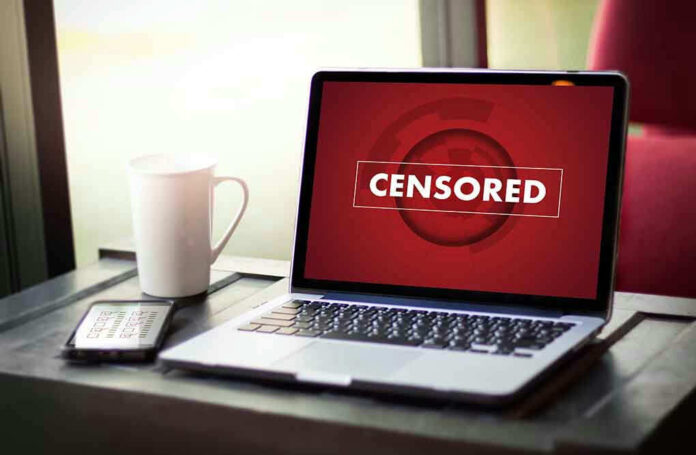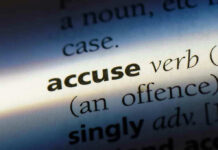
A high-profile censure effort against Rep. Ilhan Omar has reignited debates over free speech and congressional accountability.
Story Snapshot
- Rep. Ilhan Omar faces censure for remarks on Charlie Kirk’s assassination.
- Resolutions filed by Reps. Nancy Mace and Buddy Carter seek her removal from committees.
- The incident underscores ongoing partisan divides and political tensions.
- National figures, including Donald Trump, have condemned Omar’s comments.
Omar’s Controversial Remarks and Political Repercussions
Following the tragic assassination of conservative activist Charlie Kirk on September 10, 2025, at Utah Valley University, Democratic Rep. Ilhan Omar has come under intense scrutiny for her remarks perceived as mocking Kirk’s death. Omar’s statements on the “Breaking Points” podcast, where she criticized the public mourning for Kirk and reposted a video accusing him of inciting violence, have sparked widespread controversy. In response, Republican lawmakers, led by Reps. Nancy Mace and Buddy Carter, have filed resolutions to censure Omar and remove her from crucial House committees.
Political Fallout and Congressional Accountability
The resolutions filed on September 15, 2025, aim to strip Omar from the Committee on Education and Workforce and the Committee on the Budget. The move highlights a growing trend in Congress where committee assignments are utilized as political leverage amidst partisan conflicts. National political figures, including former President Donald Trump, have publicly condemned Omar’s remarks, increasing pressure on House leadership to act decisively. This incident reflects broader debates over the limits of political rhetoric and the responsibilities of public officials.
In the aftermath of the assassination, the FBI, led by Director Kash Patel, confirmed that DNA evidence linked suspect Tyler Robinson to the crime scene, with investigations still ongoing. This development has intensified the political firestorm, as the incident not only involves a high-profile figure like Charlie Kirk but also underscores the rising political violence in the U.S., further polarizing the nation.
Long-term Implications and Future Discourse
The potential censure of Rep. Omar sets a significant precedent for congressional discipline over public statements related to political violence. Such actions may influence future discourse on free speech and accountability for lawmakers. The case has also heightened partisan tensions, with increased media scrutiny and public debate over acceptable commentary in Congress. As the fallout continues, the situation could impact upcoming elections, especially in swing districts where political polarization is most pronounced.
This incident also raises questions about security at public and university events, as well as the role of advocacy groups in shaping public engagement and strategies. As political violence becomes a focal point in national conversations, the implications for political speech and the boundaries of acceptable discourse will remain central to ongoing debates.
Sources:
US lawmaker files resolution to censure Rep. Omar for remarks about Charlie Kirk
Official press release from Rep. Buddy Carter’s office












